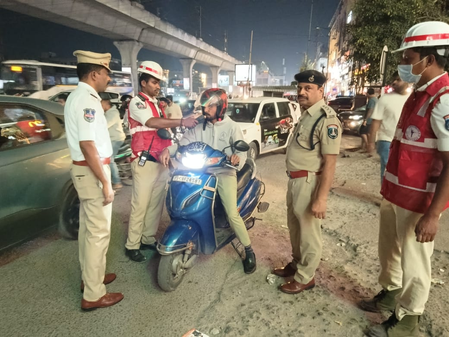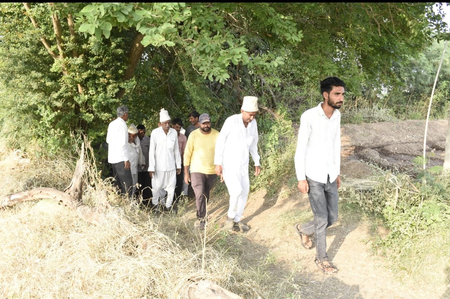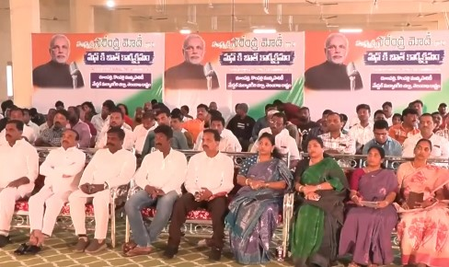
Dr. Manmohan Singh, a renowned Indian economist, served as the Prime Minister of India from 2004 to 2014. Dr. Manmohan Singh is renowned for his pivotal role in shaping India’s economic policies. During his tenure as Prime Minister, he made several significant decisions and initiatives that left a lasting impact. Here are five major decisions associated with his leadership:
- Economic Reforms and Liberalization (1991): Dr. Manmohan Singh, while serving as the Finance Minister of India under Prime Minister P.V. Narasimha Rao, played a pivotal role in initiating economic reforms and liberalization in 1991. These reforms aimed to open up the Indian economy, reduce government control, and encourage foreign investment. They brought about significant changes in India’s economic policies, leading to the country’s economic growth and globalization.
- The Indo-US Civil Nuclear Agreement (2005): One of Dr. Manmohan Singh’s noteworthy foreign policy initiatives was the Indo-US Civil Nuclear Agreement, also known as the 123 Agreement. This historic deal paved the way for civil nuclear cooperation between India and the United States. It granted India access to nuclear technology and fuel for its civilian nuclear energy program, despite India not being a signatory to the Nuclear Non-Proliferation Treaty (NPT).
- National Rural Employment Guarantee Act (NREGA) (2005): Dr. Manmohan Singh’s government introduced the National Rural Employment Guarantee Act in 2005, later renamed the Mahatma Gandhi National Rural Employment Guarantee Act (MGNREGA). This social welfare program aimed to provide a legal guarantee of at least 100 days of employment per year to rural households, thereby addressing rural poverty and unemployment.
- Right to Information Act (RTI) (2005): The Right to Information Act, passed during Dr. Manmohan Singh’s tenure, is a significant legislation that empowers Indian citizens to seek information from government authorities and institutions. This act has played a crucial role in promoting transparency, accountability, and reducing corruption in public administration.
- Pradhan Mantri Gram Sadak Yojana (PMGSY) (2000): The Pradhan Mantri Gram Sadak Yojana (Prime Minister’s Rural Roads Program) was launched in 2000 during Dr. Manmohan Singh’s tenure as the Finance Minister. This program aimed to provide all-weather road connectivity to rural areas, promoting rural development, accessibility, and connectivity.
These decisions and initiatives represent just a few of the significant contributions made by Dr. Manmohan Singh during his time as India’s Prime Minister and as a key member of the Indian government. His tenure witnessed substantial developments in economic policy, foreign relations, social welfare, and infrastructure development, leaving a lasting legacy in the country’s history.




